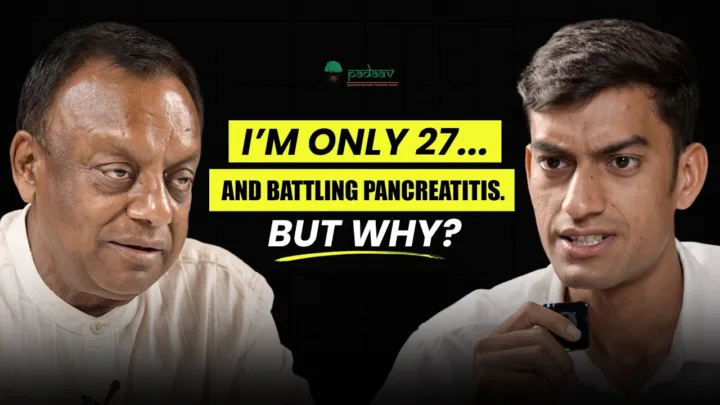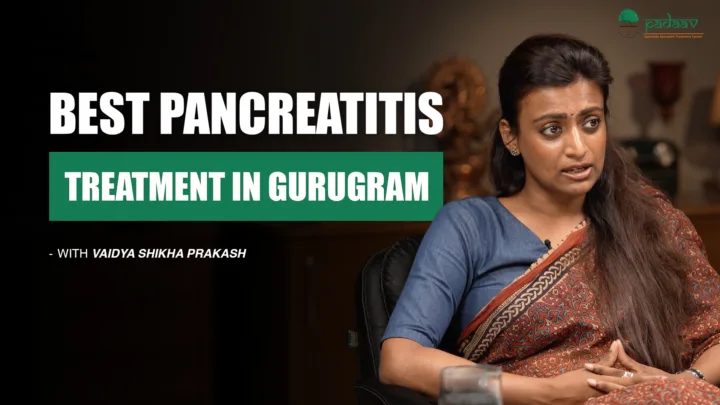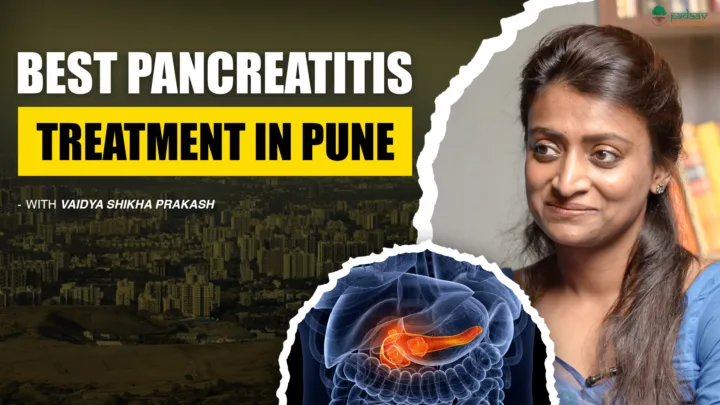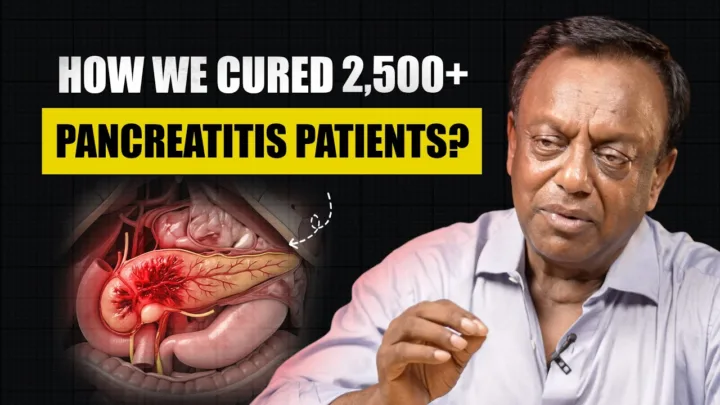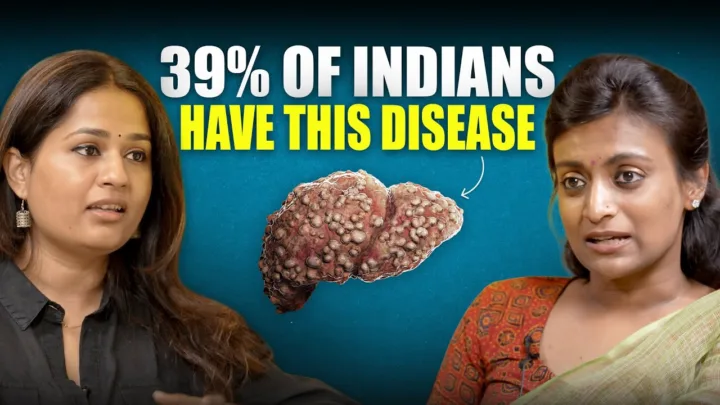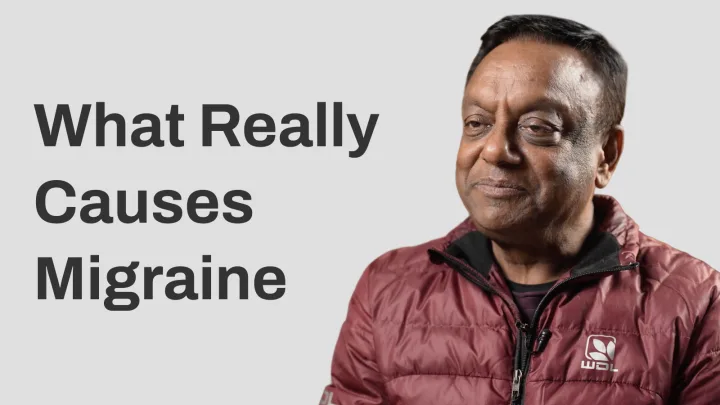In a recent candid discussion at Padaav, a unique Ayurvedic treatment center, Vaidya Balendu Prakash revealed a cornerstone of his medical philosophy: the vital role of the Paricharak or caregiver. This concept, deeply rooted in the ancient science of Ayurveda, elevates the caretaker to an equal partner in the healing process, a role often underestimated in modern medicine.
Vaidya Prakash begins by quoting a Sanskrit principle: “Bhishak Dravya Anupasthata Rogi Pad Chatushayam,” which translates to “the four pillars of treatment are the physician, the medicine, the patient, and the caretaker.” He notes that while modern medicine has only recently acknowledged the importance of a caregiver (a U.S. study on bone marrow transplants showed a 72% higher success rate for patients with a caregiver), Ayurveda has always recognized their significance, assigning them the same four essential qualities as a physician.
The conversation begins with Palak Saklecha, whose husband has suffered from pancreatitis for two years. She reveals the immense emotional and social stress she faced after his diagnosis. She felt blamed by her family, leading to a deep sense of depression. Vaidya Prakash validates her feelings, explaining that this is a common experience for caregivers. He likens worry to a funeral pyre (“chinta chita sama”), emphasizing that emotional negativity is a major impediment to healing.
He advises caregivers to become a “thanedar” (a figure of authority) of their home, calmly executing the physician’s instructions and filtering out negativity from external sources. He encourages them to stop listening to judgmental relatives who don’t understand the disease, a common experience for many patients and their families.
Addressing Medical and Lifestyle Myths
The conversation then moves to specific medical and lifestyle questions from the caregivers:
Genetic Predisposition: A caregiver expresses concern that the disease might be passed on to her children, as her husband’s family has a history of it. Vaidya Prakash reassures her that while a genetic predisposition may exist, the disease is not necessarily hereditary. He stresses that the key to prevention lies in teaching children a disciplined lifestyle of timely eating and sleeping.
Causes of Pancreatitis: Another wife, Archana Sangavi, shares that her husband’s doctor linked his pancreatitis to hyperacidity. Vaidya Prakash explains that hyperacidity itself is not a disease but a symptom of an underlying issue, such as a dysfunctional liver, gallbladder, or other organs. He also addresses the persistent myth that pancreatitis is caused by alcohol. Based on his patient data, he reiterates that a majority of his patients are non-drinkers. He points to lifestyle factors like stress, late nights, and skipping meals as the true culprits.
The Padaav Philosophy: A Path to Healing
Padaav, is not just a place for medicine; it’s a center for education and lifestyle change. He explains that his team’s work is not to sell medicine but to educate patients and their families on how to lead a healthier life. The residential program helps patients break bad habits and adopt a disciplined routine of eating on time, sleeping on time, and exercising.
He offers a holistic perspective that tackles the disease at its root. By addressing mental stress, poor diet, and sleep deprivation, he aims to not only cure the illness but also prevent its recurrence. His philosophy is about empowering patients to reclaim control over their lives, shifting them from a state of fear and dependency to one of self-reliance and well-being. He concludes by stating that the ultimate goal of his practice is to remove fear from the patient’s mind, a principle that has been validated by thousands of patients who now live their lives without the constant dread of another attack.

